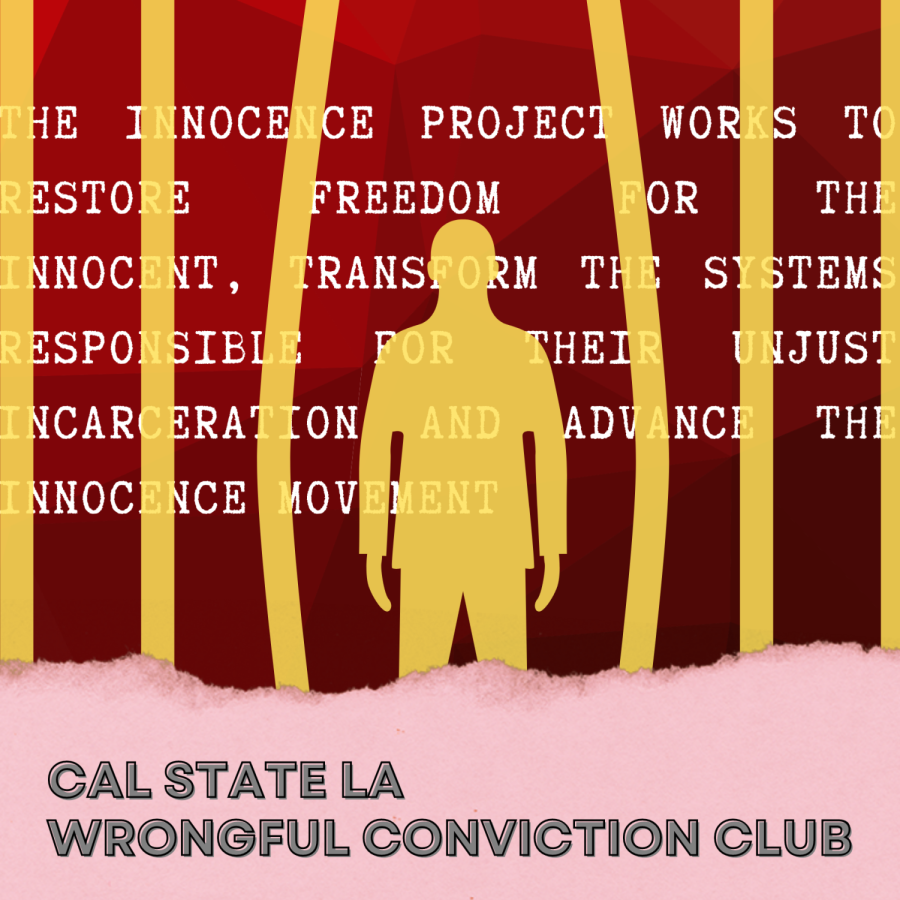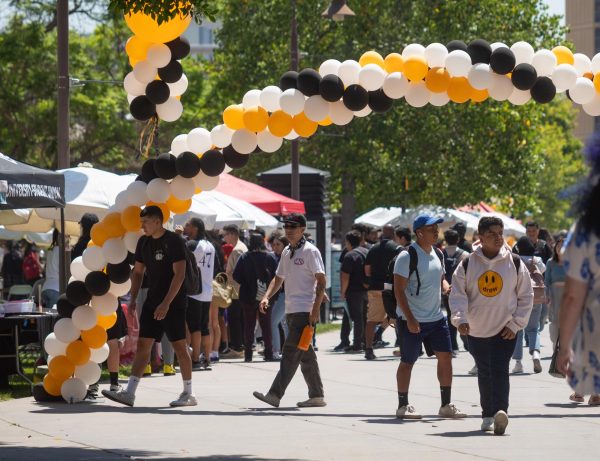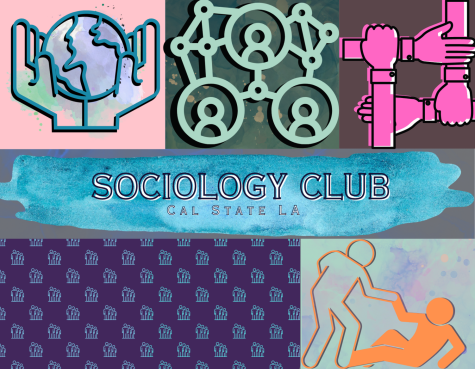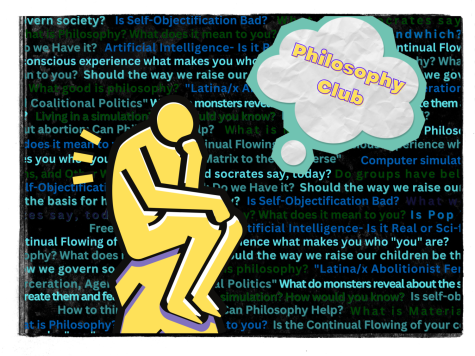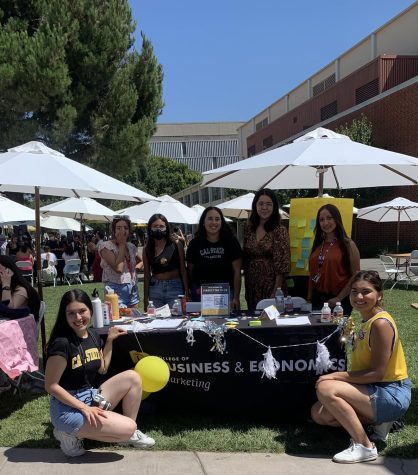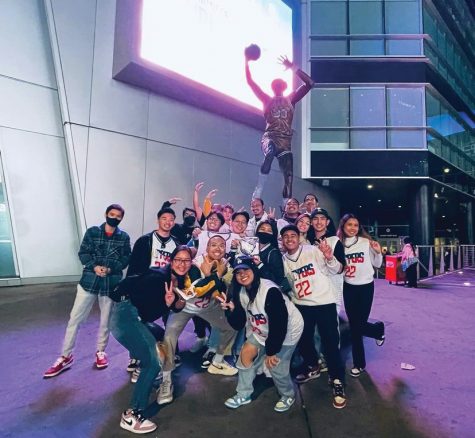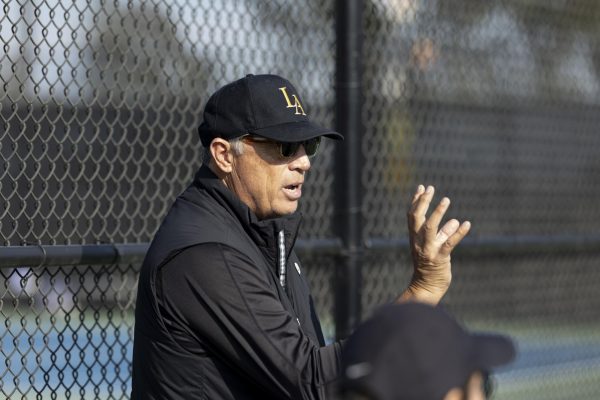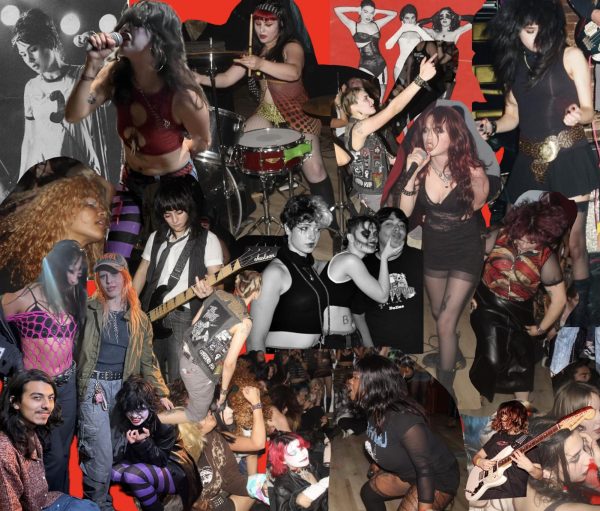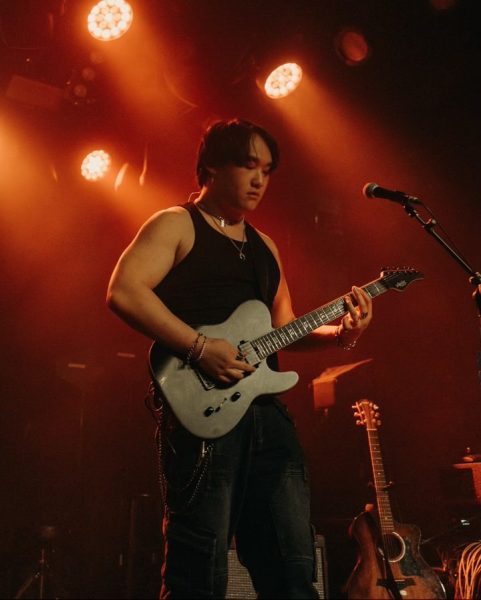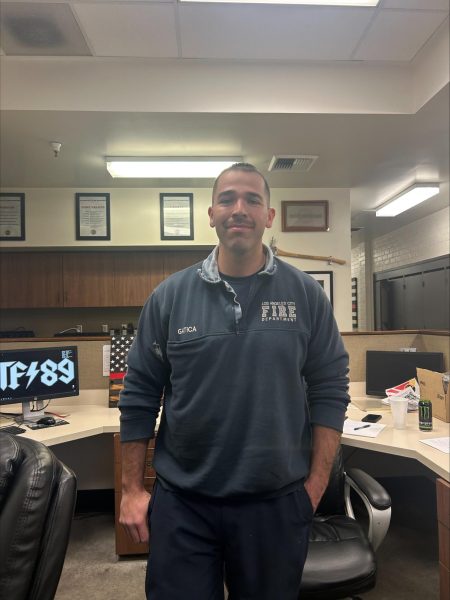Cal State LA’s new wrongful conviction club educates students
The graphic features the club’s mission statement that can also be found on their website. Graphic by Will Baker.
Cal State LA’s new wrongful conviction club is hoping to educate students on the faults of the criminal justice system through their partnership with the Innocence Network, an organization that works to free the wrongfully convicted. The club encourages students from all majors to join their discussion on Thursdays, from 3 to 4 p.m. in King Hall, room D3082.
During meetings, members analyze different cases of wrongful conviction and discuss the various factors that contribute to people serving prison time for crimes they did not commit, according to the club’s vice president Kimia Lavasani. The Innocence Network provides them with material for their meetings and networking opportunities.
At their last meeting, they discussed Amanda Knox who was wrongfully convicted of murdering her roommate.
Karina Olmos, the club’s president and a psychology major at Cal State LA, says her favorite part of club meetings is interacting with members. Olmos hopes in the future, club members will have the opportunity to review and work on cases, in addition to the education they are receiving from their participation in the club.
“It’s cool to meet people from different majors interested in the club. They provide additional insight into things I don’t know about outside of psychology,” Olmos said. “It brings me joy to think that there are like-minded people who understand and are curious about the issues of wrongful convictions and most importantly, are interested in getting involved to make a change.”
Dr. Mitchell Eisen, the director of the Forensic Psychology graduate program at Cal State LA and the club’s advisor, did a presentation on a case he worked on in the L.A. courts system and allowed the club to post an official summary of it. Lavasani said the club is looking to bring more speakers into their meetings.
Lavasani explained several different factors contribute to wrongful convictions, such as eyewitness misidentification and ‘poor analysis of forensic evidence.’
According to the Innocence Project’s website, 63% of wrongful conviction cases involved eyewitness misidentification and 53% involved misapplied forensic science.
Last month, the club held a tabling event on-campus with flyers, food, games, activities and a small presentation to promote their cause. They highlighted the wrongful conviction case of Maurice Hastings, a Black man and exoneree, who spent 38 years in prison for a robbery-homicide he did not commit and was recently found innocent through DNA testing.
Black people account for 53% of their 3,200 recorded exonerations, according to a 2022 study by the National Registry of Exonerations. Black Americans are seven times more likely than White Americans to be wrongfully convicted of a serious crime.
“We’re just hoping to advocate for these people,” Lavasani said. “Sometimes they’ll be in prison for 38 years, 40 years. They get life in prison with no possibility of parole.”
In January, the club had their first opportunity to promote themselves at Cal State LA’s “City of Orgs” event, where different campus groups and organizations connect with students.
On March 26, the club held its first fundraising event with a hike in Ascot Hills Park. They plan to do more events in the future, such as runs and other activities for a ‘small fee.’ All proceeds from fundraising and any donations the club receives go to the Innocence Project.
The Innocence Project has several different locations throughout the country. The Los Angeles Innocence Project (LAIP) is an organization that works to exonerate wrongfully convicted individuals. LAIP recently started working with Cal State LA students from the School of Criminal Justice and Criminalistics to collaborate with LAIP attorneys on research and case work.
If you are interested in learning more about Cal State LA’s wrongful conviction club, students, faculty and staff can contact a representative of the club, by emailing csulawcc@gmail.com or sending a direct message through their Instagram, @csulawcc.
People interested in becoming a member of the club can fill out the club’s interest form.
You can also check out their website at https://sites.google.com/view/csulawcc/home.
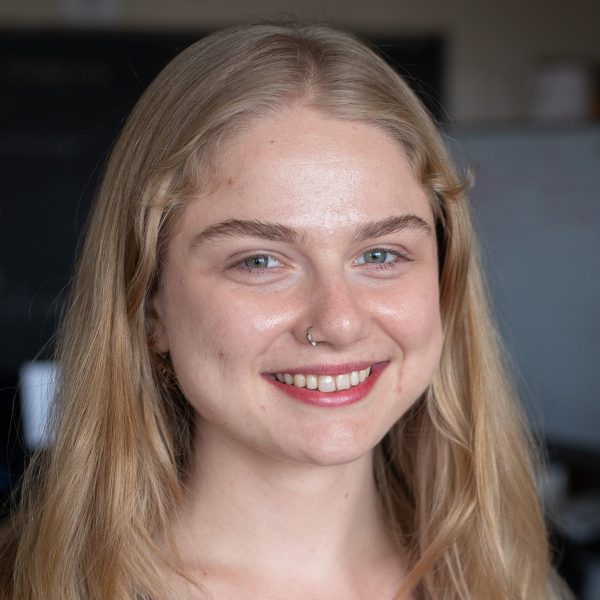
Tristan Longwell is the News Editor for the University Times (UT). She is a senior majoring in criminal justice, with a minor in journalism. Longwell has...

